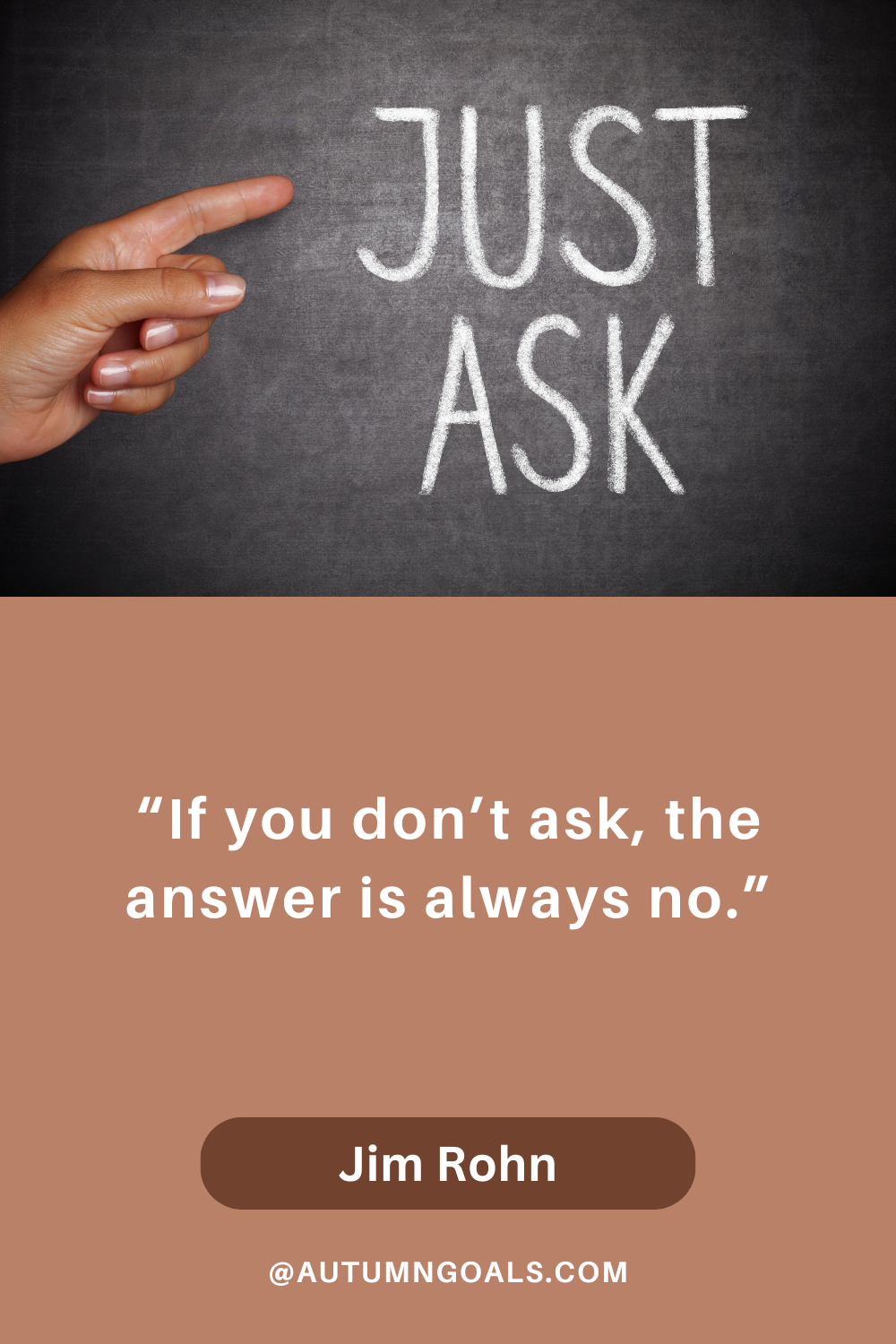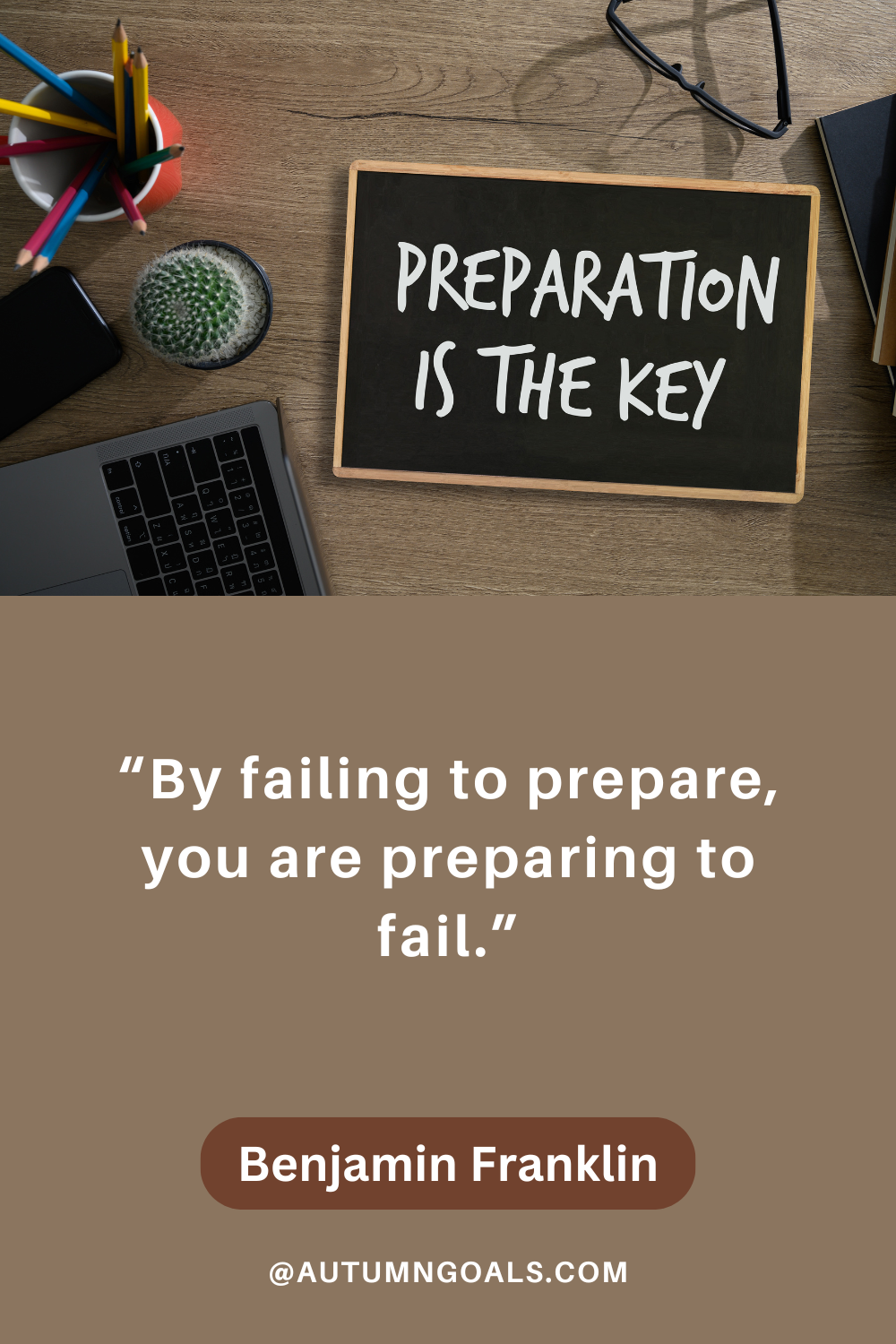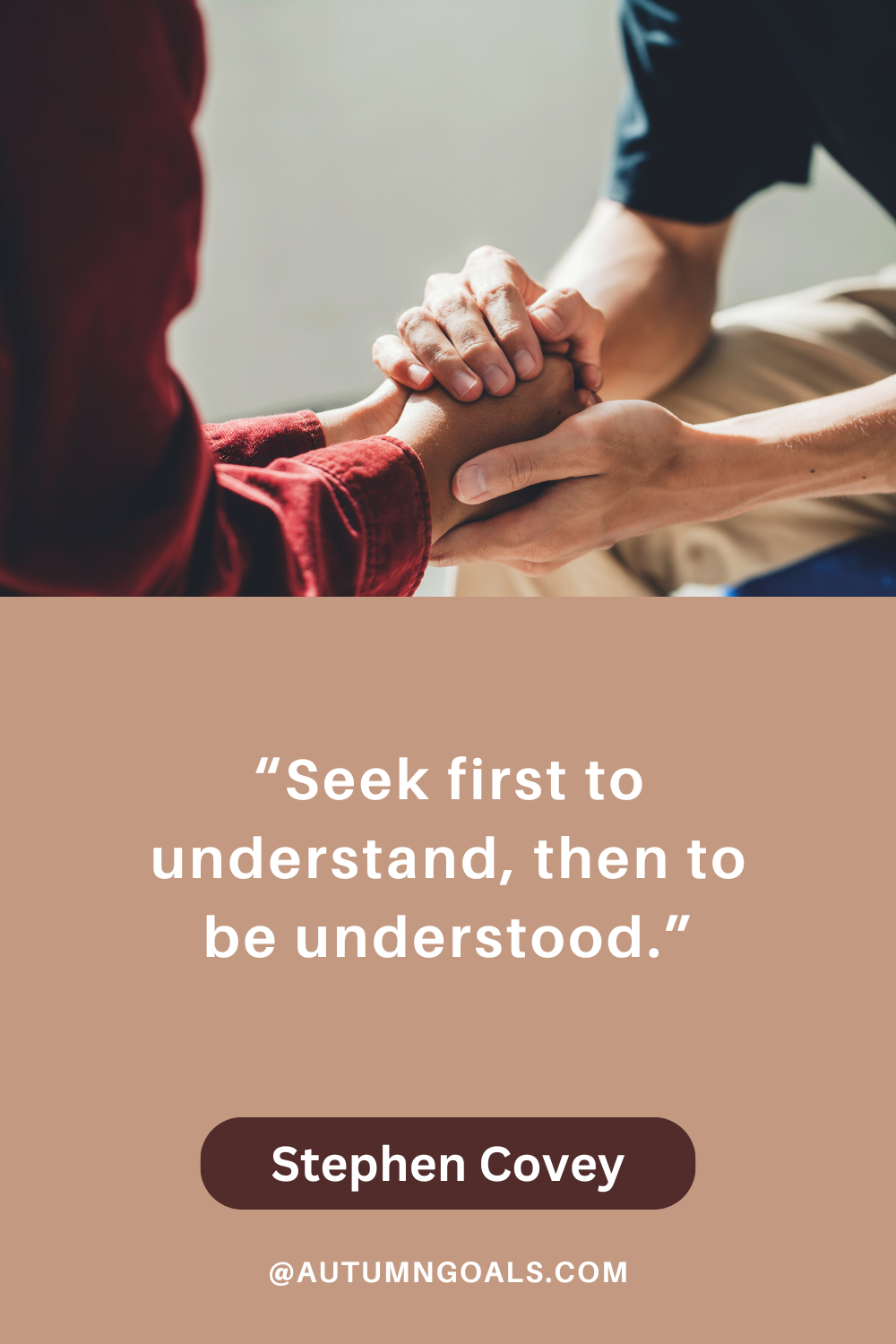
Photo by Cytonn Photography on Unsplash
Strategies for Getting What You Want
Negotiation is an essential skill that plays a significant role in almost every aspect of life, from your personal relationships to your professional career. Whether you’re negotiating a salary raise, striking a business deal, or even working out household chores, understanding how to communicate effectively and get what you want can greatly impact your success.
As Tony Robbins famously said, “The quality of your life is the quality of your communication.” Negotiation isn’t just about getting others to agree with you—it’s about understanding their needs, finding common ground, and building mutually beneficial relationships. Let’s explore the strategies and techniques that can help you master the art of negotiation and apply it in all areas of life.

Why Negotiation Matters for Personal Development
Negotiation is more than just a business skill; it’s a tool for personal empowerment. It teaches you how to assert your needs, listen empathetically, and create win-win scenarios. Mastering negotiation can boost your confidence, enhance problem-solving abilities, and improve your relationships.
Jim Rohn, a well-known motivational speaker, said, “If you don’t ask, the answer is always no.” Negotiation begins with having the courage to advocate for yourself and ask for what you want. It also requires emotional intelligence and flexibility, qualities that are very important in your journey toward self-improvement.

Key Strategies for Effective Negotiation
To excel in negotiation, you need a mix of preparation, communication, and empathy. Here are some strategies to help you navigate the art of negotiation like a pro:
1. Prepare Thoroughly: Know What You Want and Why
Preparation is the foundation of a successful negotiation. Before you enter any negotiation, take the time to clarify your goals, understand your position, and gather relevant information. Know what you want to achieve and why it’s important to you.
For example, if you’re negotiating a salary increase, understand your market value by researching industry standards. Know your worth and prepare solid reasons to justify your request.
“By failing to prepare, you are preparing to fail,” said Benjamin Franklin. Walking into a negotiation unprepared is like going to war without any weapons. The more informed you are, the stronger your position will be.

2. Build Rapport: Establish Trust and Connection
Negotiation isn’t just about the outcome—it’s about the relationship you build with the other party. Building rapport is key to creating a sense of trust and openness, which can lead to a better outcome.
Start with small talk to ease into the conversation, show genuine interest in the other person’s perspective, and try to find common ground. Empathy goes a long way in building trust. When the other party feels understood, they are more likely to be receptive to your proposals.
One powerful quote from Dale Carnegie’s How to Win Friends and Influence People is: “You can make more friends in two months by becoming interested in other people than you can in two years by trying to get other people interested in you.” The same principle applies in negotiation—building relationships should come first.

3. Listen Actively: Understand the Other Person’s Needs
Active listening is one of the most underrated skills in negotiation. Most people focus too much on what they’re going to say next instead of truly listening to the other person. When you actively listen, you gain valuable insights into what the other party wants, their motivations, and their concerns.
Show that you’re listening by nodding, maintaining eye contact, and asking clarifying questions. Paraphrase what the other person has said to ensure you understand their position correctly.
As Stephen Covey said in The 7 Habits of Highly Effective People, “Seek first to understand, then to be understood.” When you prioritize understanding the other person’s perspective, you can craft solutions that are more likely to be accepted.

4. Aim for Win-Win Solutions: Mutual Benefit is Key
A good negotiation isn’t about one person winning and the other losing. It’s about finding a solution that benefits both parties. This is the essence of a win-win negotiation, where both sides walk away feeling satisfied with the outcome.
To create win-win situations, focus on problem-solving rather than competing. Be flexible and open to creative solutions. Sometimes, it’s not just about the immediate gains but about fostering long-term relationships and trust.
In his book Getting to Yes, William Ury emphasizes the importance of focusing on interests, not positions. He writes, “When you focus on the other party’s interests, and not just their position, you open the door to creative problem-solving.”
5. Be Confident, But Stay Humble
Confidence in negotiation comes from knowing your worth and being clear about what you want. However, confidence should be balanced with humility. Arrogance or stubbornness can backfire and damage the negotiation process.
When you’re confident, you can assert your position clearly and firmly. But when you remain humble, you show respect for the other person’s viewpoint, which can lead to a more collaborative discussion.
As famous leadership expert John Maxwell said, “People may hear your words, but they feel your attitude.” Confidence is essential, but a respectful and open attitude is what truly influences the outcome.

6. Know When to Walk Away: Understanding Your BATNA
Sometimes, the best outcome of a negotiation is to walk away. Knowing your BATNA (Best Alternative to a Negotiated Agreement) gives you the power to recognize when a deal isn’t in your best interest.
Your BATNA is your fallback plan if the negotiation doesn’t go as expected. If you know you have a strong alternative option, you won’t feel pressured to accept a bad deal.
Harvard Business School professor Roger Fisher, co-author of Getting to Yes, explains that knowing your BATNA gives you leverage and prevents you from settling for less than you deserve. Understanding your walk-away point ensures that you never compromise your values or goals for the sake of reaching an agreement.
Common Mistakes to Avoid in Negotiation
Even seasoned negotiators can make mistakes that jeopardize the outcome. Avoid these common pitfalls to improve your negotiation skills:
- Being too rigid: Flexibility is key in negotiation. Avoid locking yourself into a specific outcome and stay open to creative solutions.
- Focusing only on price: Negotiation isn’t just about numbers. Consider other factors such as long-term relationships, future opportunities, and non-monetary benefits.
- Talking too much: The more you talk, the less you listen. Avoid dominating the conversation and give the other person space to share their thoughts.
Applying Negotiation to Everyday Life
Negotiation isn’t limited to business deals or salary discussions—it’s a valuable life skill that can be applied in everyday situations. Here are a few examples:
- In your relationships: Negotiation helps in setting healthy boundaries, resolving conflicts, and ensuring that both partners’ needs are met.
- In your career: Whether you’re asking for a promotion or negotiating a project deadline, the ability to advocate for yourself can significantly boost your career progression.
- In personal finance: You can use negotiation to reduce debt, get better deals on purchases, or negotiate more favorable contract terms.
By practicing negotiation regularly, you build confidence, strengthen your communication skills, and improve your ability to navigate life’s challenges.
Mastering the Art of Negotiation for Self-Improvement
Negotiation is more than just a transactional skill—it’s a way to empower yourself, build stronger relationships, and achieve your goals. By learning how to prepare effectively, listen actively, aim for win-win solutions, and remain confident, you can navigate even the most challenging negotiations with ease.
Mastering the art of negotiation will help you unlock new opportunities, foster stronger connections, and create a more fulfilling life. Remember, negotiation isn’t just about getting what you want; it’s about creating value for everyone involved.
RELATED POSTS
View all



